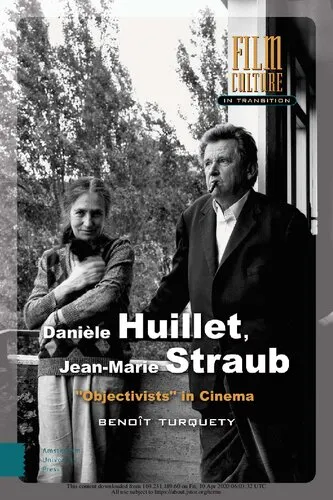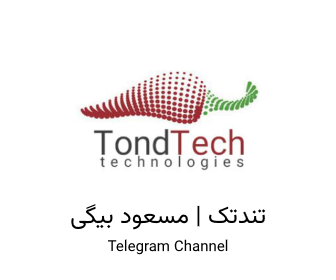Danièle Huillet, Jean-Marie Straub. "Objectivists" in Cinema
5.0
Reviews from our users

You Can Ask your questions from this book's AI after Login
Each download or ask from book AI costs 2 points. To earn more free points, please visit the Points Guide Page and complete some valuable actions.Introduction to "Danièle Huillet, Jean-Marie Straub. 'Objectivists' in Cinema"
Cinema, as an art form, has undergone numerous reinventions, questioning its language, politics, and purpose. Danièle Huillet and Jean-Marie Straub stand as two of the most incisive filmmakers in this ongoing evolution. This book, "Danièle Huillet, Jean-Marie Straub. 'Objectivists' in Cinema," delves into their complex cinematic universe—investigating how their films challenge conventional storytelling, their philosophical grounding, and their alignment with the literary and artistic Objectivist tradition. It is a comprehensive exploration of their relentless quest for truth through aesthetics, politics, and ethics in filmmaking.
The title links their work to Objectivism, but not in the philosophical sense tied to Ayn Rand. Instead, it reflects the values laid out by literary objectivists like Charles Olson or Louis Zukofsky—seeking clarity, precision, and openness to the world's textures. Through detailed analysis and contextual reflections, this book invites readers to see filmmaking beyond mere narration or entertainment, as a way of living and thinking critically about human existence.
Detailed Summary of the Book
The book is divided into thematic chapters, each addressing different aspects of the cinematic language and practices of Huillet and Straub. It first outlines their artistic origins in post-war Europe, tracing their involvement with modernist and classical forms of literature, opera, and painting. They rejected the dominant narrative-driven approach in favor of a pared-down style, often using non-professional actors, long takes, and real locations.
As the narrative progresses, the book unravels the duo's unique political stance. Huillet and Straub viewed filmmaking as an ethical act, crafting works that resist both commercialism and empty rhetoric. Their films—such as Chronicle of Anna Magdalena Bach, Class Relations, and Not Reconciled—use art as a medium to interrogate history, memory, and human struggles. Their commitment to meticulous reproduction—whether through fidelity to texts or careful framing of natural environments—forms the core of their aesthetics.
Lastly, the book bridges the principles of Objectivism with their films, explaining how they function as "objective" meditations on the modern human experience. The clarity of their compositions, the audible weight of dialogues, and their refusal to 'interpret' remain essential to this connection. Central to their philosophy is the idea that a work of art must stand on its own terms—speaking quietly, without excessive explanation, and communicating a truth that transcends individual subjectivity.
Key Takeaways
- Huillet and Straub represent a radical alternative to mainstream cinema, especially Hollywood's narrative and visual techniques.
- Their filmmaking embraces a minimalist, text-driven, and politically committed aesthetic.
- Influenced by Objectivist poetics, they advocate for a focus on the material realities in film rather than imposing subjective interpretations.
- Their works reflect an ethical commitment to precision, respect for their sources, and an unflinching depiction of history and human labor.
- The book offers a detailed appreciation of how their techniques redefine how films can challenge viewers intellectually and emotionally.
Famous Quotes from the Book
"For Huillet and Straub, cinema was not a window to escape reality but a tool to confront it—raw, unadorned, and honest."
"Their art demands the viewers’ full attention, as it refuses to pacify, to entertain, or to offer simplistic resolutions."
Why This Book Matters
The conversation about cinema often centers on accessibility, popular genres, and star-driven narratives, leaving little room for the likes of Huillet and Straub. This book is vital because it opens up that marginalized territory of film history, articulating its relevance in contemporary debates on art, politics, and ethics.
By studying Huillet and Straub's films, readers are invited to reconsider the very definition of cinema, its responsibilities, and its possibilities. In times where commodification dominates every aspect of life, their radical simplicity and refusal of compromise serve as a reminder of art’s liberating potential. Whether one is an academic, filmmaker, or cinephile, this book offers a deeply critical and inspiring look into an alternative way of making and watching films.
Ultimately, the book does not just analyze films—it becomes a manifesto for a cinema of rigor, integrity, and resistance, proposing that art can be both beautiful and politically transformative.
Free Direct Download
Get Free Access to Download this and other Thousands of Books (Join Now)
For read this book you need PDF Reader Software like Foxit Reader


